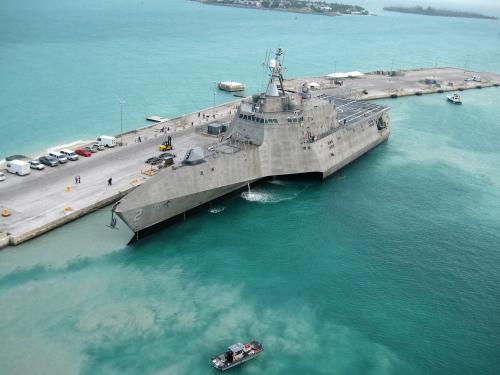
This article was originally published by War on the Rocks on 6 October, 2015.
The armies of the Islamic State running roughshod over government forces in Iraq and Syria. Russian little green men infiltrating eastern Ukraine following the military annexation of Crimea. Houthi rebels overthrowing the Yemeni government and seizing large swaths of the country. Taliban fighters seizing an Afghan provincial capital and carving out ever-larger strips of the countryside. Groups inspired by Al Qaeda and the Islamic State attacking government forces in the Sinai, Libya, West Africa and Pakistan.
AirSea Battle seems so yesterday.




